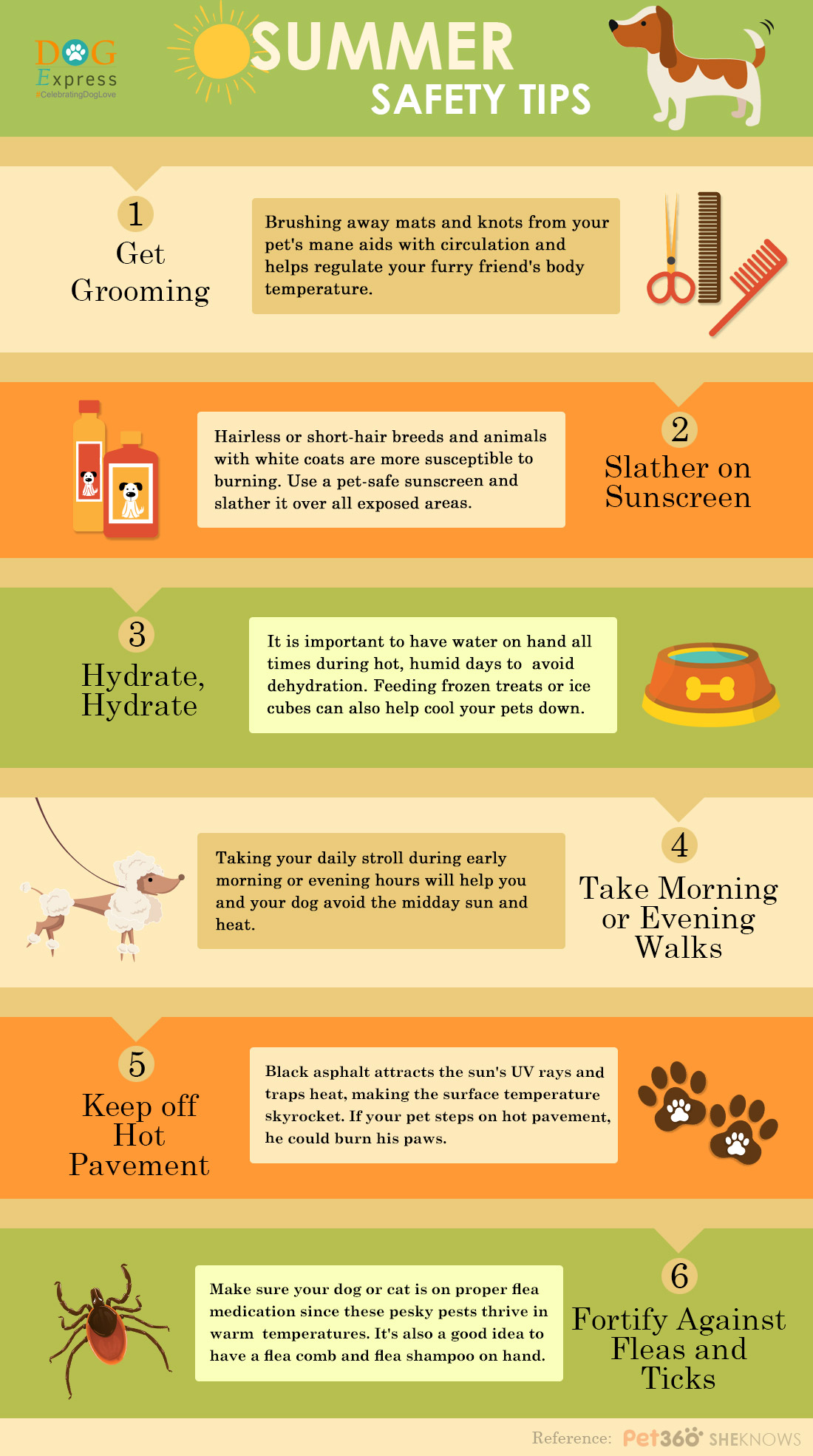Holiday Events At Dog Daycare
Holiday Events At Dog Daycare
Blog Article
Can Pet Dog Childcare Reason Ailment?
Pet dogs in day care receive great deals of workout, socialization with other pets and special experiences. This can be especially handy for puppies and dogs with behavior problems.
There are a number of lawful factors to consider you require to consider when starting a dog childcare organization. These consist of the structure of your company and compliance with government guidelines.
1. Pooch Distemper
Canine distemper is spread out through direct contact with the bodily fluids and waste of an infected pet dog, yet it can additionally be sent via shared water and food bowls or through airborne droplets. This extremely infectious health problem is most hazardous for pups, yet it can impact dogs of any age and is fatal for many if left without treatment.
Preliminary signs and symptoms of canine distemper usually resemble a common cold, consisting of runny eyes and nose with watery or pus-like discharge. As the illness advances, a pet dog will develop fever, coughing, minimized appetite, vomiting and diarrhea. The virus can also attack the nervous system, resulting in seizures, twitching and partial or complete paralysis.
Trusted day cares decrease exposure to infection by needing vaccinations, routine health examinations and follow strict hygiene methods. If your dog appears extremely weary or hopping, a day off might assist him recuperate, but you need to stay clear of taking him back to childcare till these signs improve.
2. Kennel Coughing
Kennel coughing, likewise referred to as infectious canine tracheobronchitis or Bordetella, is a highly contagious viral or bacterial condition that influences the respiratory system tract. It's commonly moved through the exchange of saliva or air beads that an ill pet exhales. Social pets are at greater risk for infection due to their constant communication with one another, such as when they play, share food or water, sniff one another or merely satisfy in a crowded environment like a pet park or childcare.
One of the most typical sign of kennel cough is a persistent and strong coughing that sounds like something stuck in the throat or retching. Often, pets will certainly spend frothy white phlegm. If left unattended, a pet dog can establish pneumonia and go to significant danger for life.
A reliable daycare center ought to have strict cleansing and cleanliness protocols, sterilize all toys, food and water bowls on a regular basis, and be open concerning their inoculation policies. Keeping your dog up to day on their inoculations, specifically for bordetella and canine flu, will substantially decrease their chances of getting the health problem.
3. Parvovirus
Canine parvovirus, or parvo, is a highly transmittable viral health problem that can be lethal for puppies and young person canines with inadequate immune systems. It's most generally spread out by direct contact with infected canine feces-- which can happen when pets sniff, lick, or taste infected feces-- and indirectly from infected individuals, objects, or environments (like kennels, brushing spaces and lawns). Pups and pet dogs without total inoculation backgrounds are particularly vulnerable to parvo.
The virus is exceptionally durable, surviving in the setting for as much as nine years, and can quickly be transferred between pets by get in touch with through feces or on shoes, apparel, and bed linen contaminated with parvovirus. Otherwise treated immediately with IV liquids, electrolyte equilibrium, vomiting control medications and prescription antibiotics to avoid secondary microbial infections, a dog will swiftly dehydrate board and training dog and create serious diarrhea, which causes shock and sepsis. Parvo is hard to treat once a pet dog has ended up being ill, but with proper veterinary treatment, many young puppies do endure this disease.
4. Pooch Influenza
Dog flu virus is extremely contagious and spreads with straight contact, sharing food and water bowls, licking or nuzzling other pets, through air-borne beads, and through infected surfaces. Inoculation is effective in minimizing the risk of infection and break outs.
Most impacted dogs establish a light respiratory infection with a coughing that lasts 1-3 weeks. They might also have nasal and eye discharge, sneezing, and sleepiness. A few of one of the most serious situations cause pneumonia and a high fever.
If your dog displays any of these signs, do not bring them back to childcare until they are healthy and balanced. If your dog is showing indications of severe fatigue or hopping, talk with your vet right now and see to it they get on good health supplements to assist develop their resistance. A veterinarian will certainly assess your pet dog for signs and symptoms of the flu by taking a sample from the nose or throat, and blood tests can be done to validate.